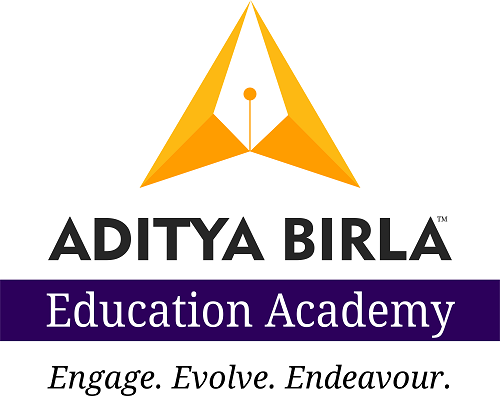We learn concepts from mathematics to writing, visual art, and science. We learn so much during our formative years, what are the ideas and skills that end up sticking with us?
As a teacher, we often think about the skills our students will practice in their daily lives. This is something we should think about often. Do they use those communication skills we practiced when they are having an issue on the playground? Will they be able to transfer and apply their self-management skills between the science activity into their independent math activities?
By developing a clear understanding of the importance of teaching skills, we’ve learned that providing students opportunities to learn and practice skills is more valuable than just teaching them content. Communication, thinking, self-management, social, and research are some of the skills that students will need to use when thinking critically and making decisions in order to solve problems.
So what beliefs and values must we hold true as an educator in order to provide students with the opportunities to develop these skills? Do we believe that clear communication is important? Do we value clarity in expectations? Do we value using our time and space efficiently? Do we believe that relationships are a priority? If our answers are yes, we need to teach skills that translate from school life to daily life. These values guide the learning and classroom environment and teachers who model these values will see them reflected in their students.
Skill development is essential in students becoming independent and responsible learners, so knowing this, how do we shift our teaching practice to reflect our beliefs? When planning for student agency in the classroom, we can provide students with opportunities to practice these skills through key elements of agency development: voice, choice, and responsibility.
Providing opportunities in which students can voice their interests in learning, either through content or process, can ignite student motivation for learning. Students who have choice in media for creation, seating, or material use are empowered to make thoughtful and responsible decisions in their learning journey. These elements will support agency in classrooms, helping students to transfer the skills learned into their everyday life.
Written by: Nicole Dissinger and Tammy Musiowsky-Borneman
Creators of Student-Focused Learning: P.A.V.E. the Way to Learner Agency







